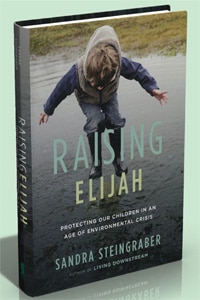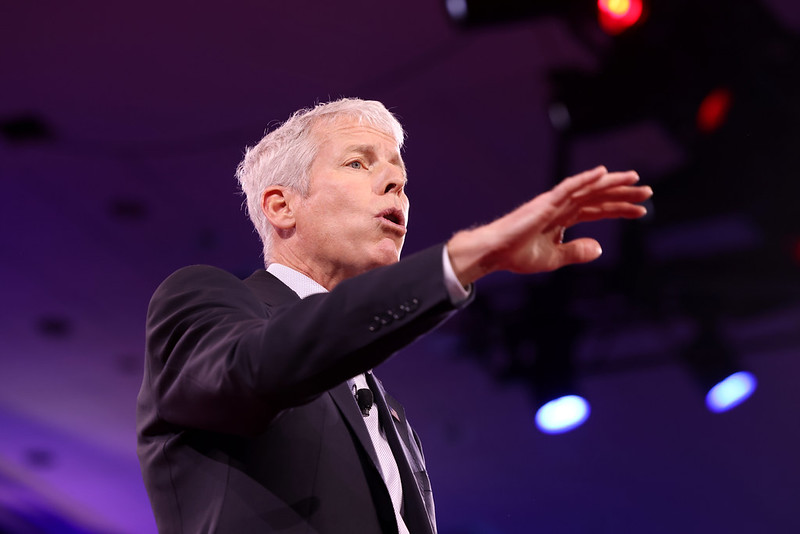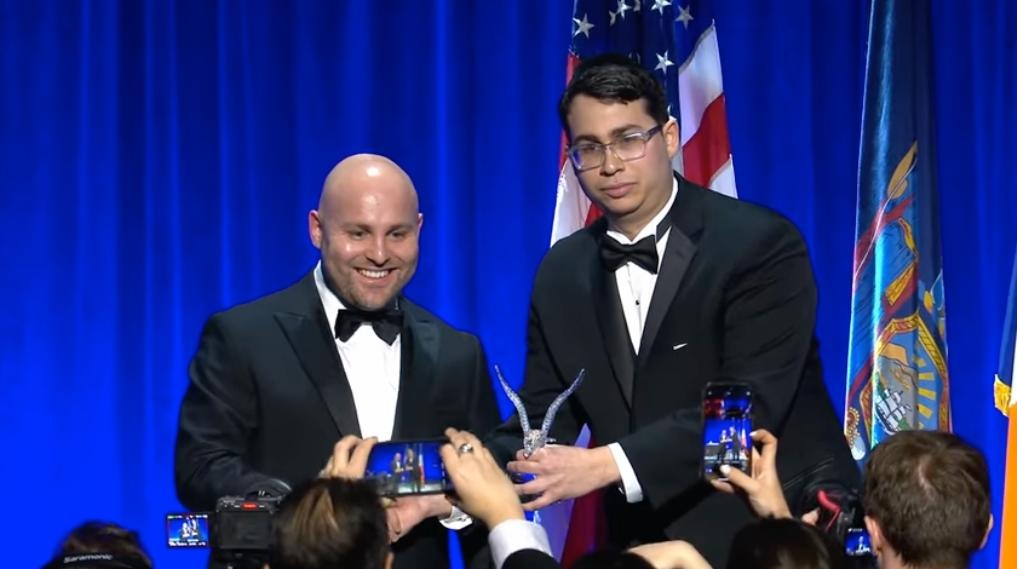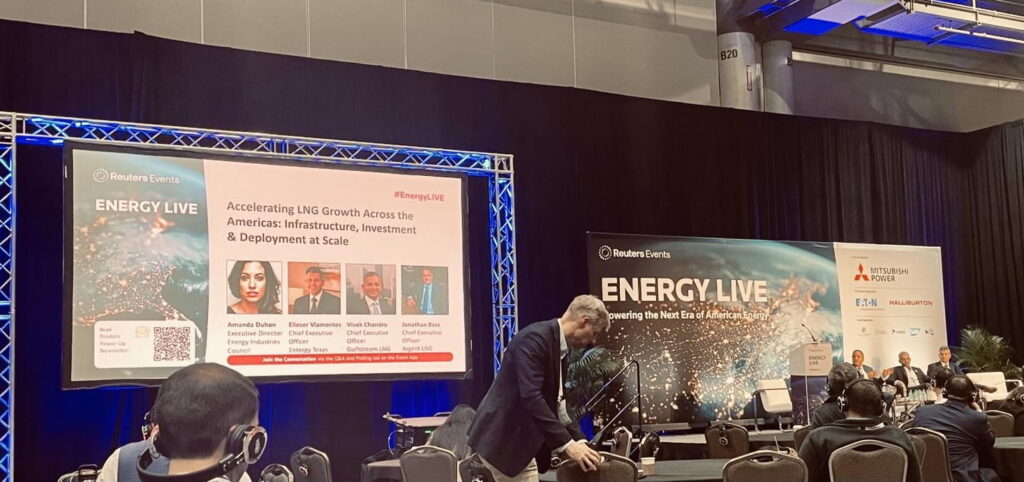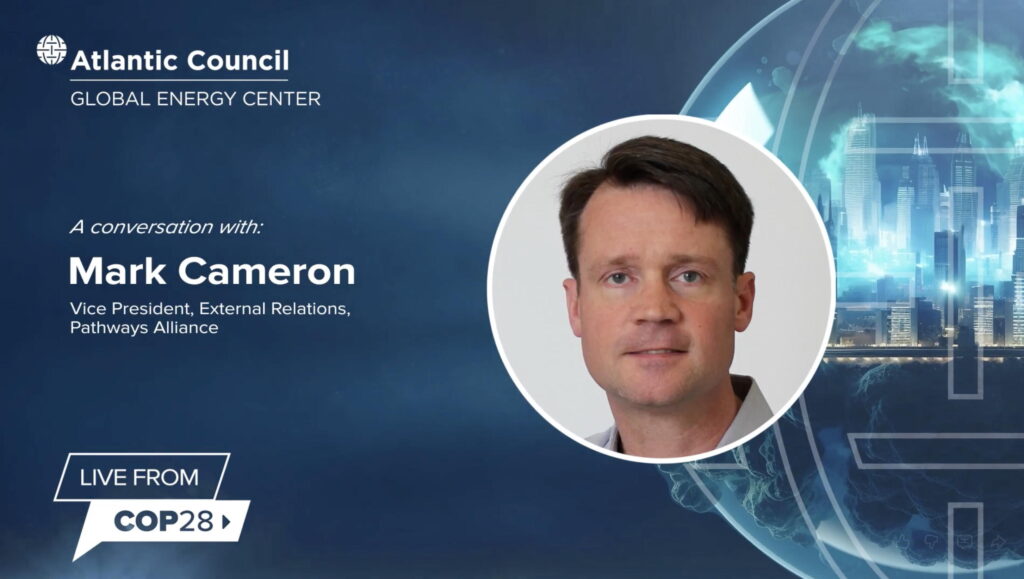Q: In light of your new book Raising Elijah: Protecting Children in an Age of Environmental Crisis, which raises the specter of raising children in troubled times, both environmentally and ecologically, are you surprised that natural gas corporations have been producing public relations and propaganda materials like coloring books (recall Talisman Energy’s Terry the Fracasaurus, and Chesapeake Energy’s coloring books), going into schools and giving scholarships, etc.?
A: Not at all. This is an attempt at deflection and drawing attention away from the bad public relations problems the industry has. It is hypocritical and cynical to go into communities, do fracking (see DeSmogBlog’s Fracking the Future: How Unconventional Gas Threatens our Water, Health, and Climate), and then do these types of things.
For example, there are increased rates of crime, drug abuse, and motor vehicle accidents in areas in which fracking takes place. Roads in areas in which fracking is taking place are full of 18-wheelers hauling around toxic chemicals. It is a stunning move, based on all of these things.
For the Pennsylvania Breast Cancer Coalition and Chesapeake Energy’s corporate sponsorship of it, it is the ultimate case of cynicism, based on what they do on a daily basis. For them to get involved shows that they’re trying to deflect attention away from what they’re actually doing to cause these things in the first place.
The idea that they’re aligning themselves with the breast cancer movement is creepy and is like cigarette companies getting involved in fighting against cancer, while they are the ones also causing it.
Q: Why do you think these corporations are stooping so low, and why now? What type of reputation do these natural gas corporations have, at-large, in an area like the Marcellus Shale, for example?
A: Public opinion is deeply opposed to gas drilling in the Marcellus Shale in upper state New York and the anti-fracking resistance movement is solidifying and growing there. Therefore, partnerships with chartiable organizations are an attempt to alter public opinion.
That said, doing this is expensive for corporations, so it is a sign of desparation on their side of things to make fracking look like a warm and fuzzy and friendly thing. They want a different kind of association. When you hear name of their company, they hope you have warm, fuzzy feelings about them, when, in actuality, they’re actually going to come in and destroy the community.
Q: Can you explain a bit more about your book, Raising Elijah, and in particular, what role you see your new book playing in combating this benevolent role the gas industry ruthlessly tries to portray for itself? Also, can you explain what personally motivated you to write such a book?
A: Benevolent is the perfect adjective. These new partnerships are like an abusive spouse who’s trying to deflect attention away from his actual crime by funding a home for people who’ve suffered domestic abuse. The best way to solve the problem of carcinogens in the air is not to put them in the air in the first place. The best way to prevent children from being abused is to create an actual sustainable community and healthy ecosystem.
My book has been in the works for 8 years and I wanted to continue where I left off in the last book. This one takes a look at how exposure to environmental toxics impacts childhood development.
Fracking was not originally on my radar, but it was hard to ignore come 2007 and 2008. I learned more and more about it and was eventually asked to speak on panels on the topic. It is the biggest threat to childrens’ health that I’d ever encountered. The final chapter in book is entirely devoted to fracking.
Beating fracking is the environmental cause of our time. We are standing at a cross-roads – easy fuels are gone, and energy extremism is all that’s left. Mountain top removal is one, tar sands crude is another, offshore drilling is the third, and fracking is the fourth.
Fracking hits home the closest. It is occurring in 34 states, often in densely populated areas. The possibility of it exposing people to these toxins is immediate and the possibility that we’ll contaminate water, air, and food are also great.
Air contamination is also a guarantee, via compressors. Chances are, we’ll blanket the northeast in smoggy air, which already was dirty air to begin with, with regular ozone alerts. Surface and ground water and food resources are now also all at risk. The dairy industry is huge in New York, but now that is also at risk.
The Marcellus Shale basin is now a radioactive place, and thus, all of this stuff is now in peril. There needs to be a public conversation about this, if only because of the costs of helping children from cradle to grave. Asthma, for example, is a very expensive problem and leading cause of absenteeism in schools. It will become more common with fracking – much more common.
The Environmental Impact Statement done by the New York Department of Environmental Protection was also a sham, with public health impacts not even discussed. There was nothing in it on any of the scores of environmental and ecological costs associated with fracking that will arise in the future.
All of this is the explanation for why I wrote the book. The secrecy the industry enjoys makes it hard for researchers to go as deep as they possibly could if there were no veil of secrecy. It is hard to say exactly what kind of chemicals people are inhaling and consuming.
Q: You recently won the Heinz Award, given for significant achievements benefiting the environment, which earned you a $100,000 award and afterward, you wrote that you would devote that money to fighting fracking in upstate New York.
Bearing that in mind, can you explain, based your own experiences and personal convictions, as well as the lessons taught in your book, what type of activism is best geared toward defeating fracking?
Put another way, what form of activism gets the movement to ban fracking the best bang for its buck and do you see more nonviolent direct action and civil disobedience in the anti-fracking movement’s future?
A: $100,000 is NOTHING to the big boys in the corporate natural gas world. The only way money will work if it will also embolden others to do big things. The only reason I’m even going public with the fact that I’m investing money in the fight against fracking is to inspire other people to start fighting back.
We’re at the 11th hour now. The moratorium was here before, but now that’s over. Now is the time if you don’t want to be fracked. As a cancer survivor, whatever money I have ends up going into paying medical bills. When you live in an area surrounded by frackers, what point is it to even try to do that if the water, air, community, etc., will be gone and destroyed and the area becomes a toxic wasteland?
So, what better use of money than to defend and protect this place? I couldn’t think of better thing to do, with even more of a public platform, to highlight lunacy of fracking. I want others to feel that they shouldn’t give up before they start the fight. Self-defeatism is what’s beating us – learned helplessness – beats us even more than the formidable power of natural gas industry.
Whatever I can do to get people out of that place – if you want to be the hero, now’s your chance. I hope to use the money to open up space for speech, and not silence.
One suggestion is to put all eggs in one basket, but it is probably better to spread it around. The fight of townships to ban fracking locally – see Dryden case study – is one option. There’s also fight at state level with regards to Cuomo.
The international human rights movement is also against dependence on fossil fuels. There is also the example of the civil disobedience that was used to stop the tar sands pipeline. There are fights everywhere, which go from the global level all the down to village level.
I am, in short, still in the thinking stage about funding and where it’ll all end up.
Subscribe to our newsletter
Stay up to date with DeSmog news and alerts


